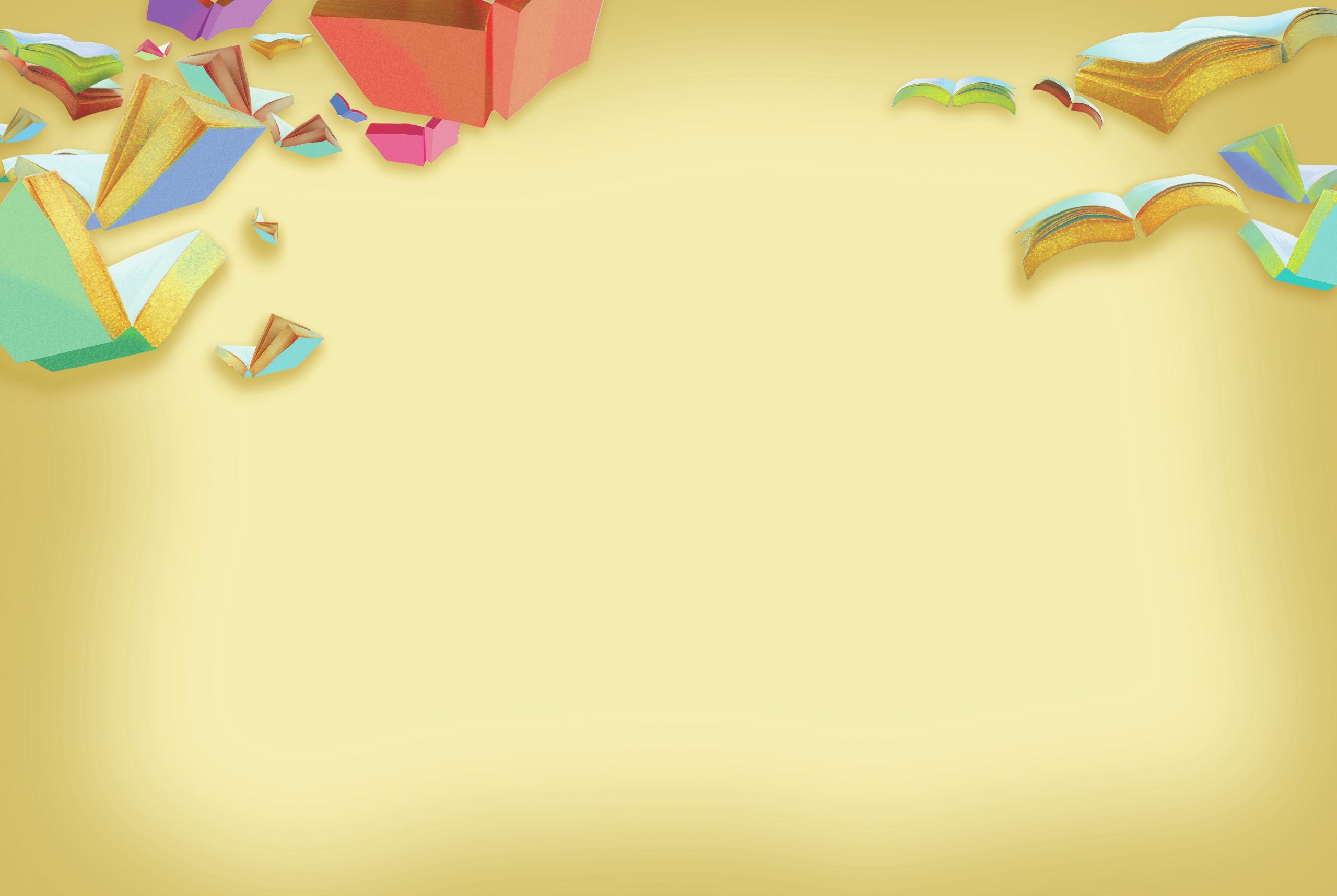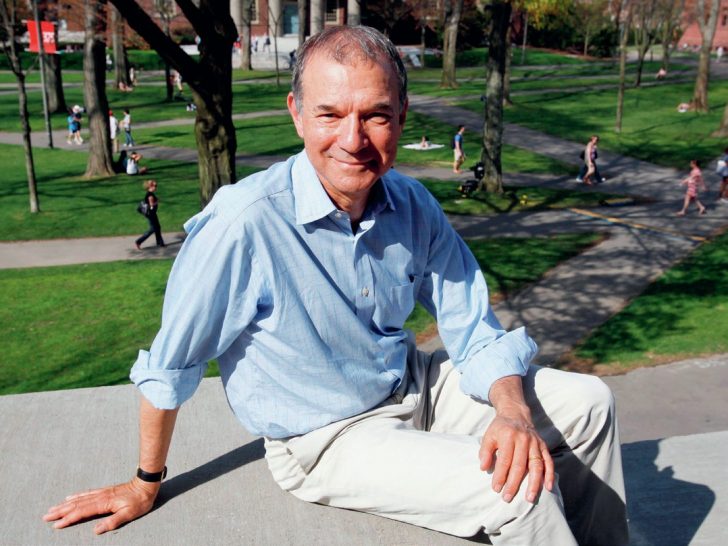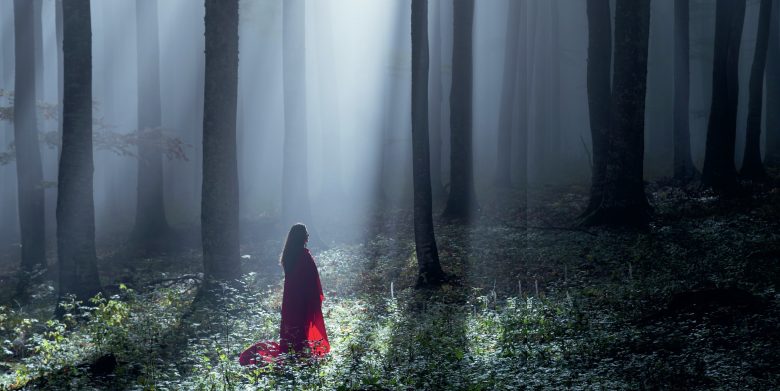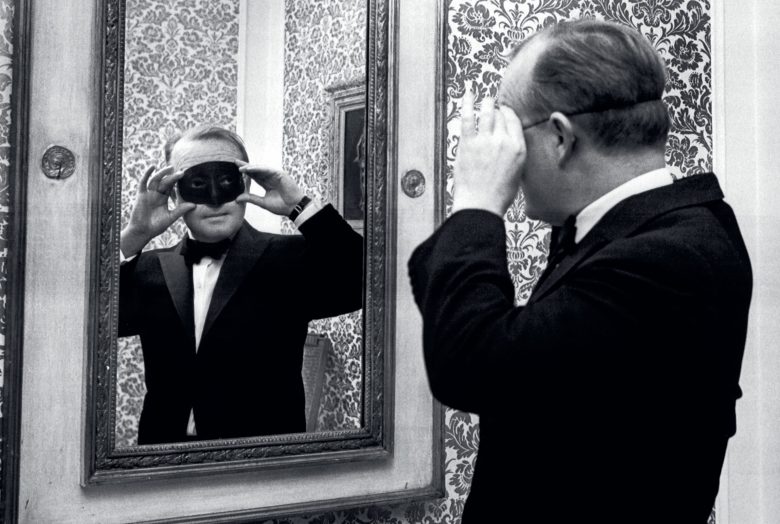
When you hear the phrase ‘literary canon’, you might think of a rather imposing wooden bookcase full of huge dusty tomes with yellowing pages, bound in leather, which were written hundreds of years ago. Perhaps every now and then a misty-eyed academic approaches one of the shelves and carefully pulls a book down before retiring into a quiet recess of a cavernous library to spend the rest of the day alternating between reading and dozing. In other words, you might believe that the canon is simply an unchanging, static entity, governed by obscure rules and obscurer thinkers that, as every year goes by, passes further into irrelevance.
However, nothing could be further from the truth. The canon and the processes that form it are fluid and dynamic. Books are added to it and removed from it constantly, and debates about what a canonical book ought to be are almost continuous. Far from being irrelevant, these debates help decide not only the books that are placed on the syllabus that you are now undertaking but also how these same books are taught.
Your organisation does not have access to this article.
Sign up today to give your students the edge they need to achieve their best grades with subject expertise
Subscribe




